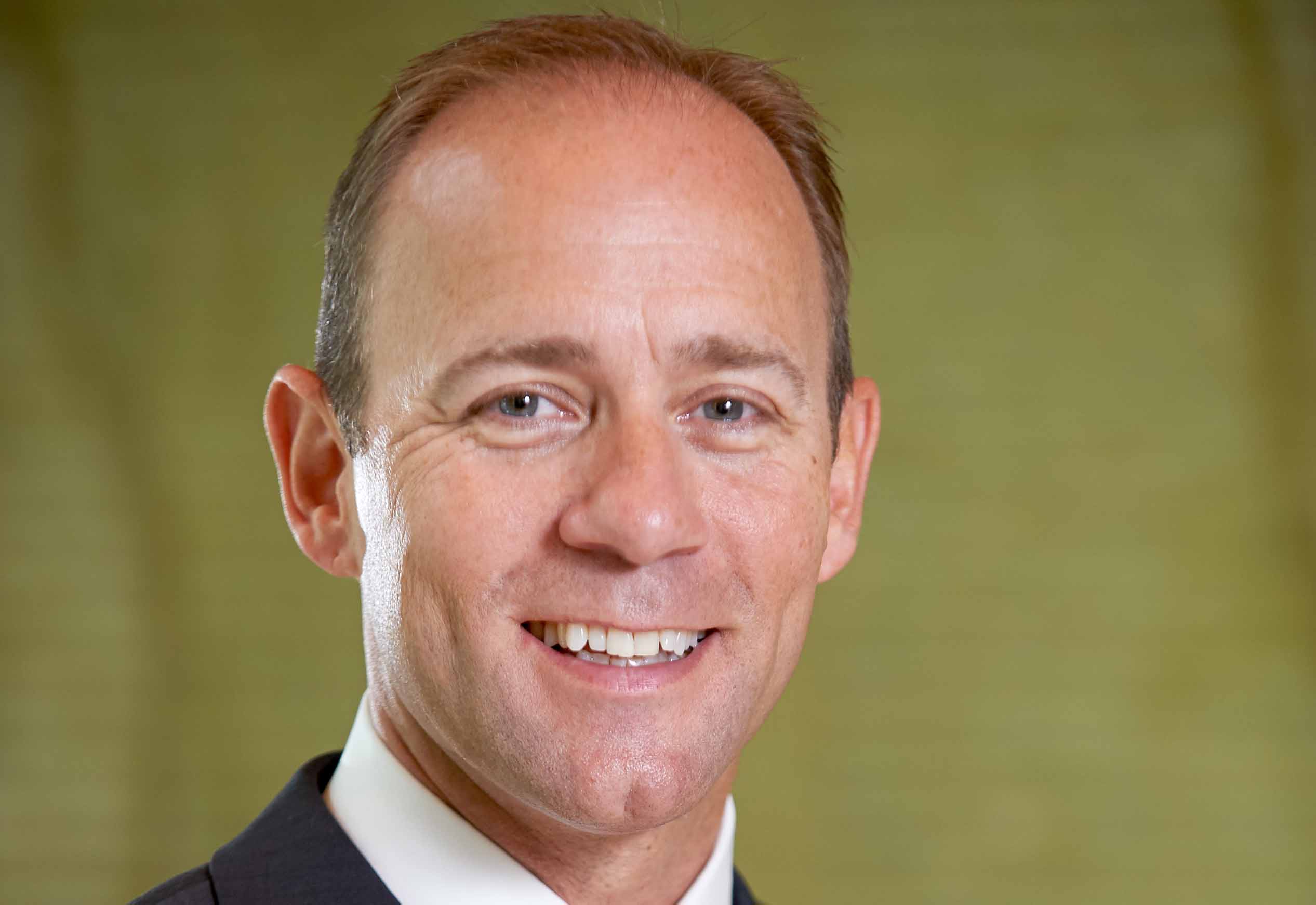What markets will be most important to target next year and how will Carlson Rezidor do this?
With the extensive expansion of Emirates Airlines in the Scandinavian markets where Carlson Rezidor is the leading hotel operator, and with direct flights from Oslo, Stockholm and Copenhagen we will focus our attention on growing these markets.
While there has been steady business from the corporate sector, particularly in the areas of telecoms, oil and gas we expect to see a greater number of leisure visitors to the UAE and Oman in the coming year. In addition, Scandinavians like to travel to the Far East and we can expect to see an increase in stopover business for Dubai. They are like to travel as extended families, often with three generations travelling together as this is often the only time they get to spend together.
Diversification of the hotel landscape was a big topic in 2014. How will this trend develop in 2015 and beyond and how do you plan to target price-conscious customers?

| Advertisement |
The recent statistics on the number and diversity of Dubai’s tourists perfectly illustrate how the shift from luxury and high-end hospitality to a more affordable offering for visitors, is transforming the market in the Emirate.
One of the emerging trends in the global hospitality industry is the growth of the midscale segment for city hotels. Brands like the Park Inn by Radisson have become increasingly popular, showing that despite times of economic instability and investor caution, consumers are still looking for options that can cater to their budget.
And this is an emerging trend across the Gulf. We plan to launch a number of Park Inn by Radisson properties in Oman, Saudi Arabia, Bahrain and Dubai over the next few years. As centres of trade and industry, the growth of this mid-market brand will serve these destinations well as they seek to transform their hospitality industry into one that is diverse, dynamic and inclusive.
How will the trend for more independent-style hotels evolve in the Middle East in 2015 and beyond?
I believe we have reached a level of maturity in Dubai whereby there is not always the demand by guests for branded hotels.
The success of boutique and independent hotels here has been slow compared to other markets - Europe for example - but I think we are now coming to this same level of maturity in certain markets such as Dubai, Abu Dhabi and to some extent Cairo. It will take a lot longer for some of the other markets in this region to be able to sustain independent hotels but I think it will come.
How do you see average rates, RevPAR and other key indicators in 2015 as more supply comes on to the market?
It is not just additional inventory that will affect average rates and RevPAR but more a combination of an increase in supply coupled with a major drop in business from the CIS market and the rise in Egypt as it starts to chip away at its fair market share.
With all that in mind, our aim is very simple, and that is to outgrow our competitive set for each property in terms of Revenue Generated Index (RGI).
Interview continues on next page...









 Search our database of more than 2,700 industry companies
Search our database of more than 2,700 industry companies









